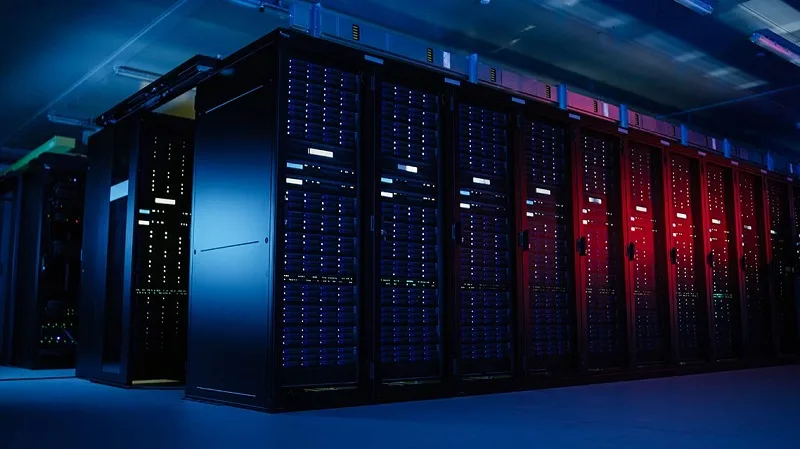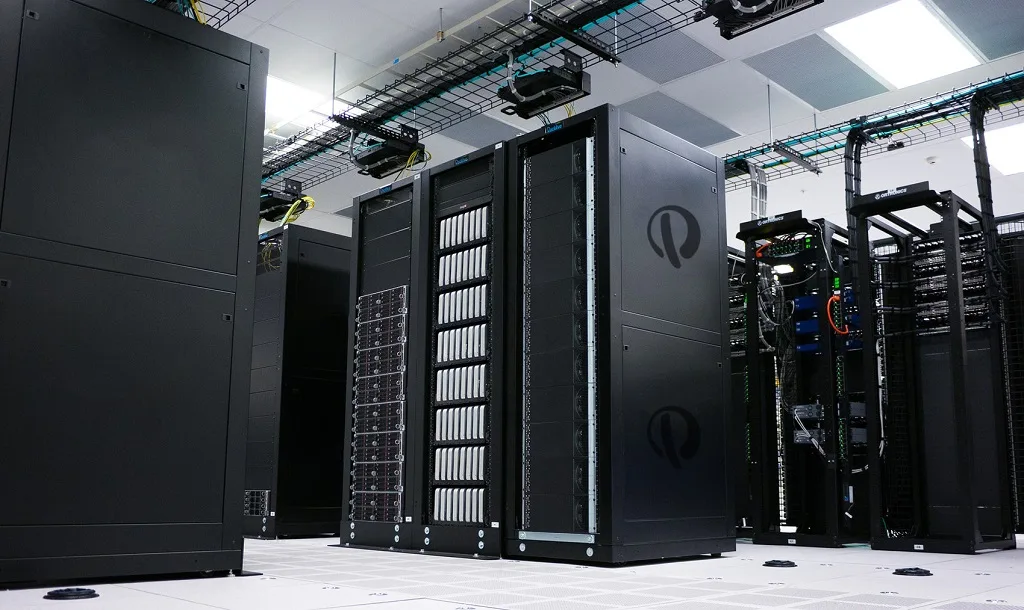
Why Dedicated Servers Outperform Regular Servers
In the ever-evolving landscape of technology, businesses are continually faced with critical decisions regarding their IT infrastructure. One such pivotal decision is whether to opt for dedicated servers or stick with regular shared servers. This article delves into the advantages of dedicated servers, elucidating why they are often the superior choice for businesses seeking reliability, performance, and security.
What Kind of Technology and When Did It Appear
The concept of dedicated server technology emerged in the late 1990s, coinciding with the rapid expansion of the internet and the increasing demand for robust hosting solutions. Dedicated servers refer to a hosting configuration where a client leases an entire server not shared with anyone else. This exclusivity means businesses can fully utilize the server’s resources, leading to enhanced performance and reliability.
Initially, dedicated servers were primarily utilized by large enterprises due to the high costs associated with them. However, advancements in technology and the proliferation of data centers have made dedicated servers more accessible and cost-effective for small and medium-sized businesses. Today, dedicated servers are a cornerstone of modern IT infrastructure, providing unparalleled control, customization, and scalability to meet the growing needs of businesses across various industries.
What Is a Server and What Is It For
At its core, a server is a powerful computer designed to manage, store, send, and process data 24/7. Servers are essential for hosting websites, applications, databases, and other critical services. They differ from regular personal computers in terms of their hardware, software, and intended use. Servers are built to handle heavy workloads and continuous operation, making them indispensable in business environments where downtime can translate to significant losses.
Servers come in various configurations, including shared, virtual private servers (VPS), and dedicated servers. Shared servers host multiple clients on a single machine, which can lead to resource contention and performance issues. In contrast, dedicated servers provide an isolated environment where all the server’s resources are available exclusively to one client. This setup offers significant benefits in terms of performance, security, and reliability, which are critical for businesses that rely on their online presence and applications to operate smoothly.
Why a Dedicated Server Is Better Than a Regular Server
Dedicated servers offer numerous advantages over regular shared servers, making them a preferable choice for many businesses. Firstly, dedicated servers provide superior performance. Since the server’s resources are not shared with other clients, businesses can enjoy consistent and high-speed performance, essential for running resource-intensive applications and handling large volumes of traffic.
Secondly, dedicated servers offer enhanced security. With exclusive access to the server, businesses can implement robust security measures tailored to their specific needs. This isolation reduces the risk of data breaches and other security threats that are more prevalent in shared hosting environments. Additionally, dedicated servers allow for the installation of custom firewalls and security software, providing an extra layer of protection.
Lastly, dedicated servers offer greater control and customization. Businesses have full administrative access to the server, allowing them to configure it to meet their unique requirements. This level of control is not possible with shared servers, where the hosting provider imposes certain restrictions. With a dedicated server, businesses can choose their operating system, hardware specifications, and software applications, ensuring optimal performance and compatibility with their operations.

Why This Technology Can Be Useful
The utility of dedicated servers extends across various applications and industries, making them a versatile and valuable investment for many businesses. For e-commerce businesses, dedicated servers ensure that their websites can handle high traffic volumes without slowing down, providing a seamless shopping experience for customers. This reliability is crucial during peak shopping periods, such as holidays and sales events, where server performance directly impacts revenue.
In the realm of data management, dedicated servers offer the capacity and performance needed to handle large databases and complex applications. Businesses that rely on data analytics, customer relationship management (CRM) systems, or enterprise resource planning (ERP) systems can benefit from the enhanced processing power and storage capabilities of dedicated servers.
Moreover, dedicated servers are ideal for companies that require compliance with strict regulatory standards. Industries such as finance, healthcare, and legal services often have stringent data security and privacy requirements. Dedicated servers provide the isolated environment necessary to implement and maintain compliance with these regulations, reducing the risk of data breaches and legal issues.
Additionally, for businesses involved in software development, dedicated servers offer a stable and scalable environment for testing and deploying applications. The flexibility to configure the server to meet specific development needs accelerates the development cycle and enhances collaboration among development teams.
How Effective It Is
The effectiveness of dedicated servers is evident in their ability to deliver reliable performance, security, and scalability. Businesses that switch to dedicated servers often experience a significant improvement in their website’s loading times, which can lead to higher customer satisfaction and better search engine rankings. This performance boost is crucial in today’s competitive online landscape, where users expect fast and responsive websites.
Dedicated servers also contribute to improved uptime and reliability. With no other clients sharing the server’s resources, the risk of downtime due to overloading is minimized. Hosting providers typically offer service level agreements (SLAs) guaranteeing high uptime percentages, ensuring that businesses remain operational around the clock.
Furthermore, the scalability of dedicated servers allows businesses to expand their IT infrastructure as needed. As a business grows, it can upgrade its server’s hardware or add additional servers to its network, ensuring that its IT capabilities keep pace with its expansion. This scalability is vital for businesses with fluctuating workloads or those planning for future growth.
Popular topics
-
 Top 5 popular programs for game developers
Top 5 popular programs for game developersIn the ever-evolving world of game development, the tools and …
-
 How to Choose the Best VPN Service for Secure Internet Su...
How to Choose the Best VPN Service for Secure Internet Su...In an era of growing cybersecurity threats and privacy concerns, …
-
 Offline local AI tools in 2026: what you can do on PC and...
Offline local AI tools in 2026: what you can do on PC and...Running AI locally without an internet connection is no longer …
-
 Cloud Storage Deletion: What Really Happens to Your Files...
Cloud Storage Deletion: What Really Happens to Your Files...Deleting a file in cloud storage is usually a two-step …
-
 Google Analytics. How to use this service?
Google Analytics. How to use this service?We should start with the fact that this service is …
